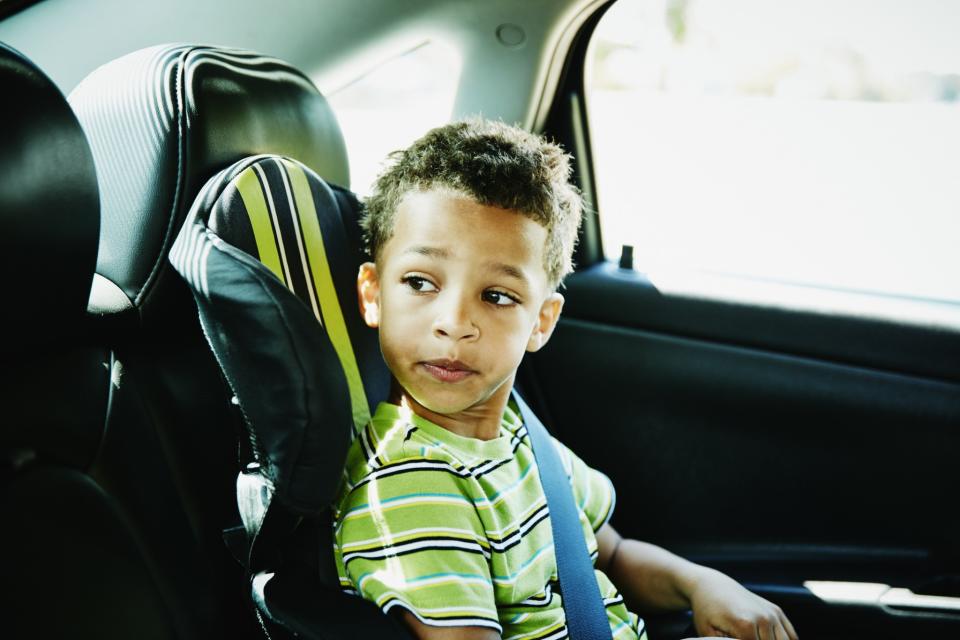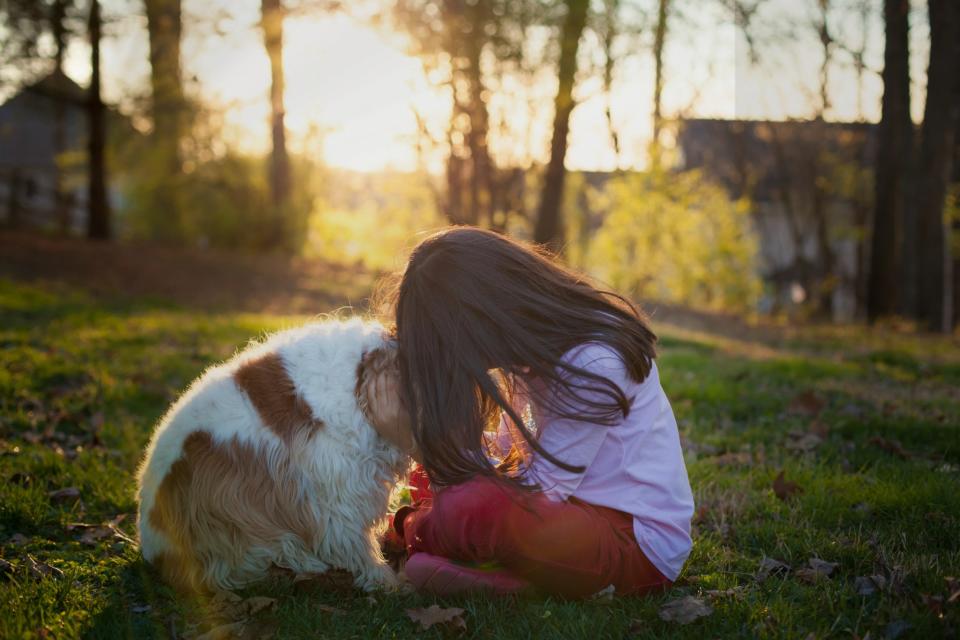Why it's so important we talk to children about death

During a recent interview about his role in the new film A Monster Calls, Liam Neeson delivered an important message about children and death.
Namely, that we must talk to them about it.
In the movie, a monster (played by Neeson) visits young Conor to help him through coping with the terminal illness of his mother.
And since Neeson himself is no stranger to grief – having recently lost a relative to cancer and his wife Natasha Richardson to an accident in 2009 – he opened up to WENN about the topic while discussing the film.

“[Cancer] is a horrible disease and I guess wonderful a film like this can really confront something like that,” he said.
“We all live in hope but sometimes it’s important to see something for what it is. If you have two weeks left or three weeks maximum, it’s important that the family hears that and the kids hear it too.”
He continued: “They may not intellectualise what they’ve heard but they can grow and eventually understand it. It’s important to have [the] support of family and close friends to lean on and talk to.”
And Neeson is absolutely right. There are many misunderstandings surrounding talking to children about death: that it’s best to protect them from it, that they don’t feel grief in the same way, or that they can’t handle the truth.

But in actuality, the opposite is true, and we must talk to them about it openly.
Dr Ann Rowland, director of bereavement support and education at Child Bereavement UK, says that while talking to a young child about death and dying can be incredibly difficult, it’s very important children have it explained to them honestly.
“Children can deal with the truth, no matter how difficult or traumatic,” she explains.
“What they find hard are the untruths, which can undermine their trust in adults.
“Children who are not told what has happened will create their own stories based on fragments of information they have overheard: children’s active imaginations can mean that the fantasy they construct is worse than the reality.”

The deeply saddening thing is that while we desperately wish they didn’t, children do feel despair and grief just as deeply as adults do – they just show it in different ways.
For example, as Rowland describes it, children are naturally good at “dipping in and out” of their grief:
“They can be intensely sad one minute, then suddenly switch to playing happily the next,” she says.
“This apparent lack of sadness may lead adults to believe children are unaffected.

“However, this ‘puddle-jumping’ is a type of in-built safety mechanism that prevents them being overwhelmed by powerful feelings.”
So, however hard it is to do, a child needs to be told about it simply and honestly as soon as possible and ideally by a family member or someone close to them.
“The longer you leave it the greater the likelihood that they will overhear a conversation or find out in some other inappropriate way,” says Rowland.
And there’s no cutting corners. While it might seem tempting to soften the blow by using phrases such as “gone to sleep” or “lost”, it’s best to keep it as simple as possible by using words like “dead”, as euphemisms can just be confusing.
Though at the same time, only give them as much information as they want; asking questions and giving as many opportunities as possible for them to ask is a good way of helping them process things at their pace.

And of course, one of the hardest things about grief is that it certainly doesn’t appear overnight. You’ll probably have to repeat information to them, and answer more questions as time goes by.
Because as they grow up, their understanding of what has happened will keep developing and changing, and with that will come more questions.
Talking to children about death isn’t easy, especially if you’re grieving yourself. But with a good dose of bravery and honesty, you’ll be giving them more help in the long run than you can imagine.
If you need further advice about talking to and supporting children going through a bereavement, visit the Child Bereavement UK website or call 0800 02 888 40.
How do you think children should be told about death? Tweet us at @YahooStyleUK.
The school of life: Why mixed-gender schools are better for our kids
Doctors are warning about the dangers of this popular kids’ snack


